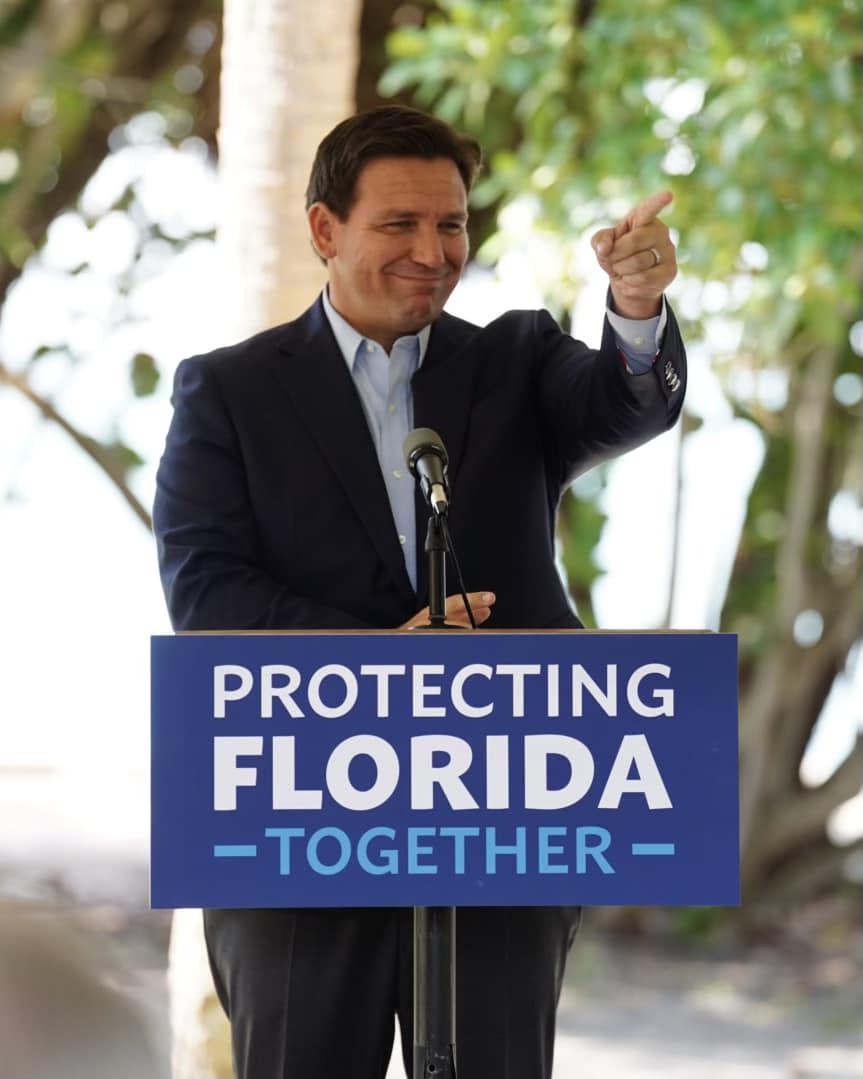Florida Governor Ron DeSantis has taken a decisive step to protect children from the potential dangers of social media by signing a bill that imposes strict regulations on their usage. Under the new law, children under the age of 14 are banned from social media platforms, while those aged 14 and 15 require parental consent to access these platforms. The measure aims to shield young users from online risks to their mental health and well-being, a concern that has gained increased attention in recent years.
DeSantis puts final stamp on Florida law blocking kids from social media https://t.co/1jJs0h6w5g
— POLITICO (@politico) March 25, 2024
The legislation not only prohibits social media platforms from allowing children under 14 to create accounts but also requires them to terminate existing accounts belonging to underage users. Additionally, individuals aged 14 and 15 must obtain parental consent before accessing social media, with platforms mandated to implement a third-party verification system to enforce these restrictions.
Originally, the bill proposed a complete ban on social media for children under 16, but Governor DeSantis vetoed this version, citing concerns about parental rights. The amended law, which is set to take effect on July 1, strikes a balance by allowing parents to grant consent for older children to use social media responsibly.
Governor DeSantis emphasized the harmful effects of social media on children’s mental health, stating, “Social media harms children in a variety of ways,” and asserting that the legislation empowers parents to safeguard their children from these risks.
While supporters applaud the measure as a necessary step to mitigate the negative impacts of excessive social media use, critics argue that it infringes upon First Amendment protections for free speech and encroaches on parental autonomy. Despite opposition, the law signals a significant shift in regulatory oversight of online platforms, particularly those catering to younger users.
Meta, the parent company of Facebook, has voiced opposition to the legislation, highlighting its targeting of specific features such as “infinite scrolling,” likes, auto-play videos, live-streaming, and push notifications.

